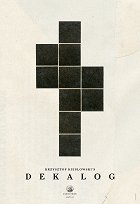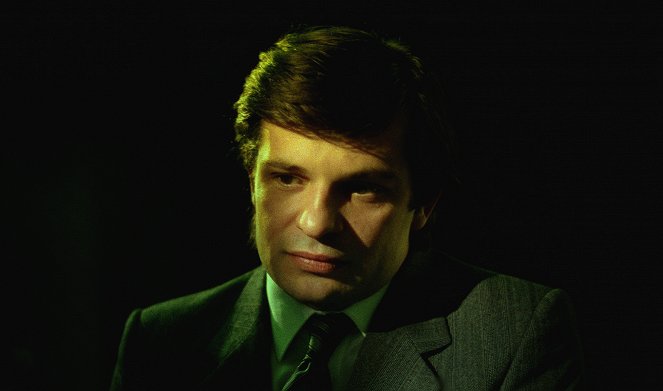Reżyseria:
Krzysztof KieślowskiMuzyka:
Zbigniew PreisnerObsada:
Henryk Baranowski, Jerzy Stuhr, Daniel Olbrychski, Bogusław Linda, Piotr Rzymyszkiewicz, Olaf Lubaszenko, Wojciech Klata, Władysław Kowalski (więcej)Odcinki(10)
-
Dekalog, jeden (E01)
-
Dekalog, dwa (E02)
-
Dekalog, trzy (E03)
-
Dekalog, cztery (E04)
-
Dekalog, piec (E05)
-
Dekalog, szesc (E06)
-
Dekalog, siedem (E07)
-
Dekalog, osiem (E08)
-
Dekalog, dziewiec (E09)
-
Dekalog, dziesiec (E10)
Opisy(1)
Serial, który jest ilustracją dziesięciu przykazań, ugruntował międzynarodową sławę Krzysztofa Kieślowskiego. Każda opowiedziana w filmie historia nawiązuje do treści kolejnego przykazania. Dzięki swej formule film głęboko porusza każdego widza, niezależnie od światopoglądu i przekonań religijnych. (TVP)
Recenzje (1)
The Decalogue was created in a special situation in a seriously ill country. Poland was unable to reconcile with the martial law from 1981 and the fact that the legal opposition in the form of Solidarity had to go underground. Repression and strict censorship became characteristic of the country in the following years. In the mid-1980s, Poland was deeply divided in terms of opinions and was economically and morally/socially in ruins. Only after the arrival of Gorbachev as the General Secretary of the Soviet Union did the pressure from the state power begin to weaken and prominent Polish directors returned to themes that were characteristic of the Polish moral unrest film movement. Acclaimed director Krzysztof Kieslowski, who had to remain silent for several years after his film Blind Chance, was looking for a subject with a strong substance that would avoid direct political engagement and not contribute to the already tense societal atmosphere, but at the same time would also address fundamental questions of today's morality. As a deeply religious person, he logically chose the biblical Ten Commandments as the ideological basis for the cycle of 10 hour-long television films, with each episode dedicated to one commandment. With the exception of the last episode, which has a comedic tone and is lightened mainly by the presence of Jerzy Stuhr, the others are more intimate dramas, often of a very tragic nature, dealing with the loss of a loved one, execution of a condemned person, or attempted suicide. The series had a significantly limited budget, and Polish state television, promoting it as a religious work, put it in an uninteresting broadcasting time slot. However, it immediately gained extraordinary respect from the viewers and was broadcast by many TV stations abroad with a great response. It was precisely The Decalogue that made Kieslowski famous in France, where he could then realize his film trilogy referring to the ideals of the French Revolution. Overall impression: 90%.
()

